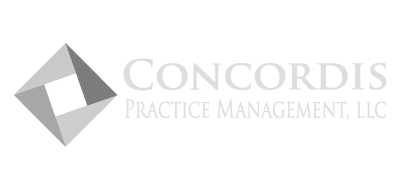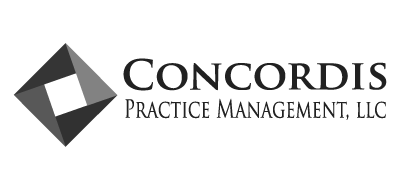
Pitfalls to Avoid as a New Practice Manager
As a new medical practice manager, the list of duties to perform on a daily basis can be overwhelming. The list of responsibilities most likely will include maintaining and administering personnel policies, financial management, billing processes and marketing. You may also be asked to prepare a Return on Investment (ROI) for new physicians, forecast potential insurance payer reimbursement cuts, plan medical equipment capital expenditures and observe day-to-day operations.
In addition, compliance with all local, state and federal laws and guidelines should be established and is often determined based on the number of employees in your practice. Compliance includes Occupational Safety and Health Administration (OSHA), Americans with Disability Act (ADA), Equal Employment Opportunity Commission (EEOC), Family and Medical Leave Act (FMLA), Clinical Laboratory Improvement Amendments (CLIA), Fair Credit Reporting Act (FCRARCA), the Health Information Portability and Accountability Act (HIPAA), Stark I, II & III, etc.
The medical practice manager position is a crucial one filled with much responsibility but it also provides much fulfillment. Whether you are in your first days, months or years of your recently appointed managerial position, here are some helpful tips of the trade to avoid as a new medical practice manager.
DESTRUCTIVE CRITICISM
Problem solving is less likely to be successful if the focus is on weaknesses instead of strengths. Empower and inform your staff. Allow your staff the opportunity to excel and be respected for their contributions. Try interviewing members of your team about their strengths. Ask each one of them how they see themselves best contributing to the success of the practice, and adapt accordingly. Follow up regularly.
Seasoned employees possibly have a work pattern and an understanding of their job that may be very different than your own, so respect their experience and establish policies to make it work for you.
HASTY DECISIONS
Have you heard of the old saying “If it ain’t broke, don’t fix it”? Before making changes, assess the practice to determine the health of the organization. Not to say that practice adaptations or modifications should be implemented at a snail’s pace, but weighty decisions should definitely be well thought out and discussed with your physician leadership beforehand. Often times, new managers are eager to stamp their ideas onto policies and procedures at their respective practice. Instead of hasty program overhauls, establish a system of well-drafted policies and procedures manuals rather than reinventing the wheel. Patterns of order and established expectations help shield against liability, so start from there.
Also, be sure you are making decisions from up –to- date and accurate data. Decisions based on outdated data can be a setback for a new manager.
INFREQUENT COMMUNICATION
Regular feedback helps employees understand exactly what you are looking for. Tell employees your expectations, and then hold them accountable for their performance. Whether it is a congratulatory pat on the back or constructive criticism, observation of your staff and appropriate communication of their performance illustrates that you have a sincere stake in the success of your practice. The ‘Management by Walking Around’ concept will help build respect between you and your staff, and you will also be able to identify strengths and opportunities for improvement.
Managers are sometimes too preoccupied cheering on exemplary employees and afraid to confront the lackluster team members. Be sure to distribute compliments and criticism equally and when necessary. Also, remember to criticize in private and praise in public. Talk to your team and do it often.
UNBALANCED DELEGATION
Delegation is perhaps one of the toughest management skills for a new practice manager. Proper management means delegating appropriately. New practice managers are occasionally eager to make a good impression and will try to do too much on their own. Don’t hesitate to delegate. Remember, you were hired to lead. Let your team do what they do their best while you manage the organization and help it achieve its goals.
Let your staff shine by giving them the right tools to be successful, and don’t forget to follow up and be consistent with your medical practice staff.
Part of successful delegation means allowing and empowering your staff or other companies to best assist your practice. Concordis Practice Management offers focused services such as medical coding and billing, management consultation, practice assessments, revenue cycle reviews and more. Learn more about what we can do to assist you and ensure your practice’s success.
Sources
http://www.economist.com/node/12075015





No Comments